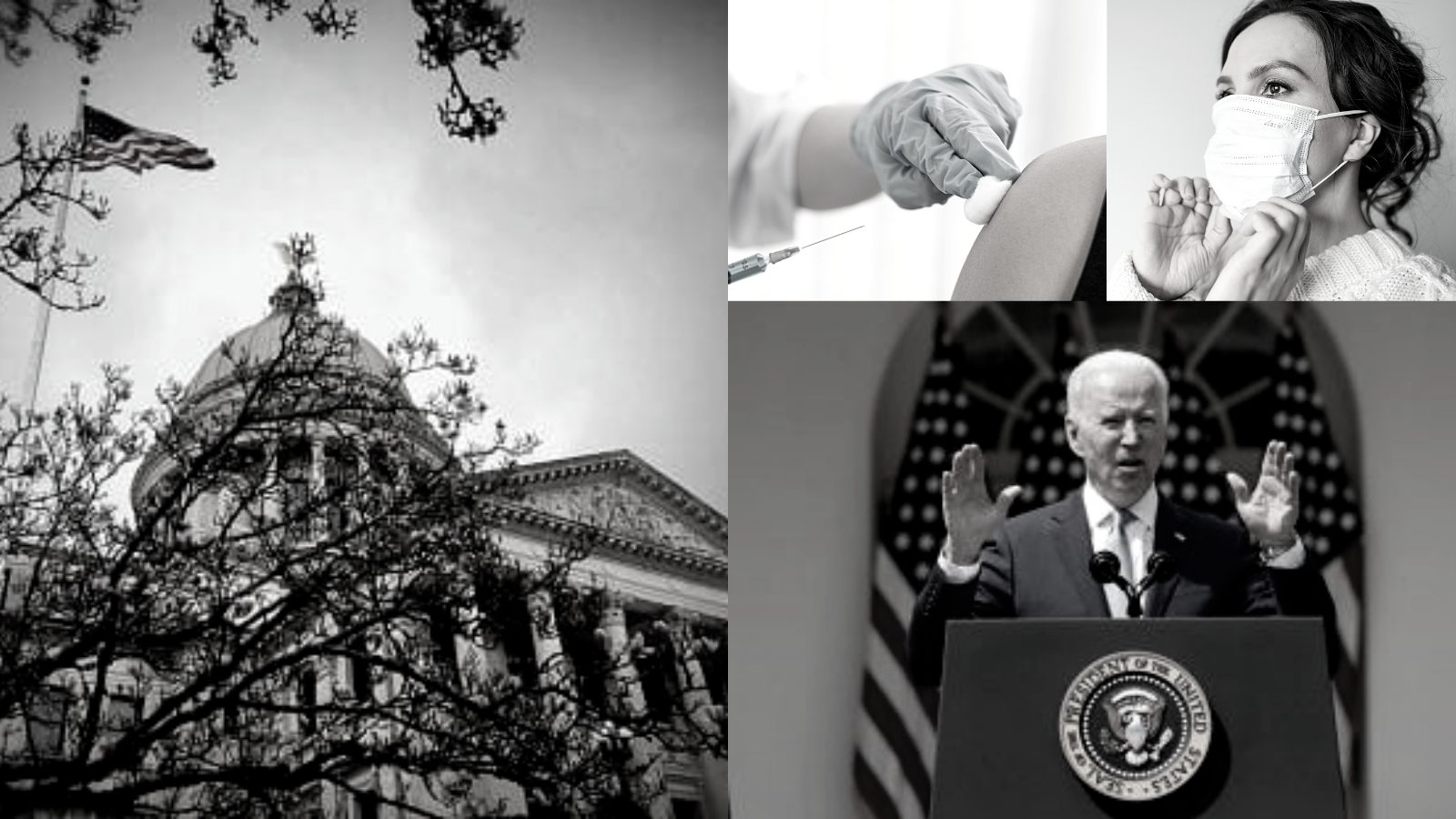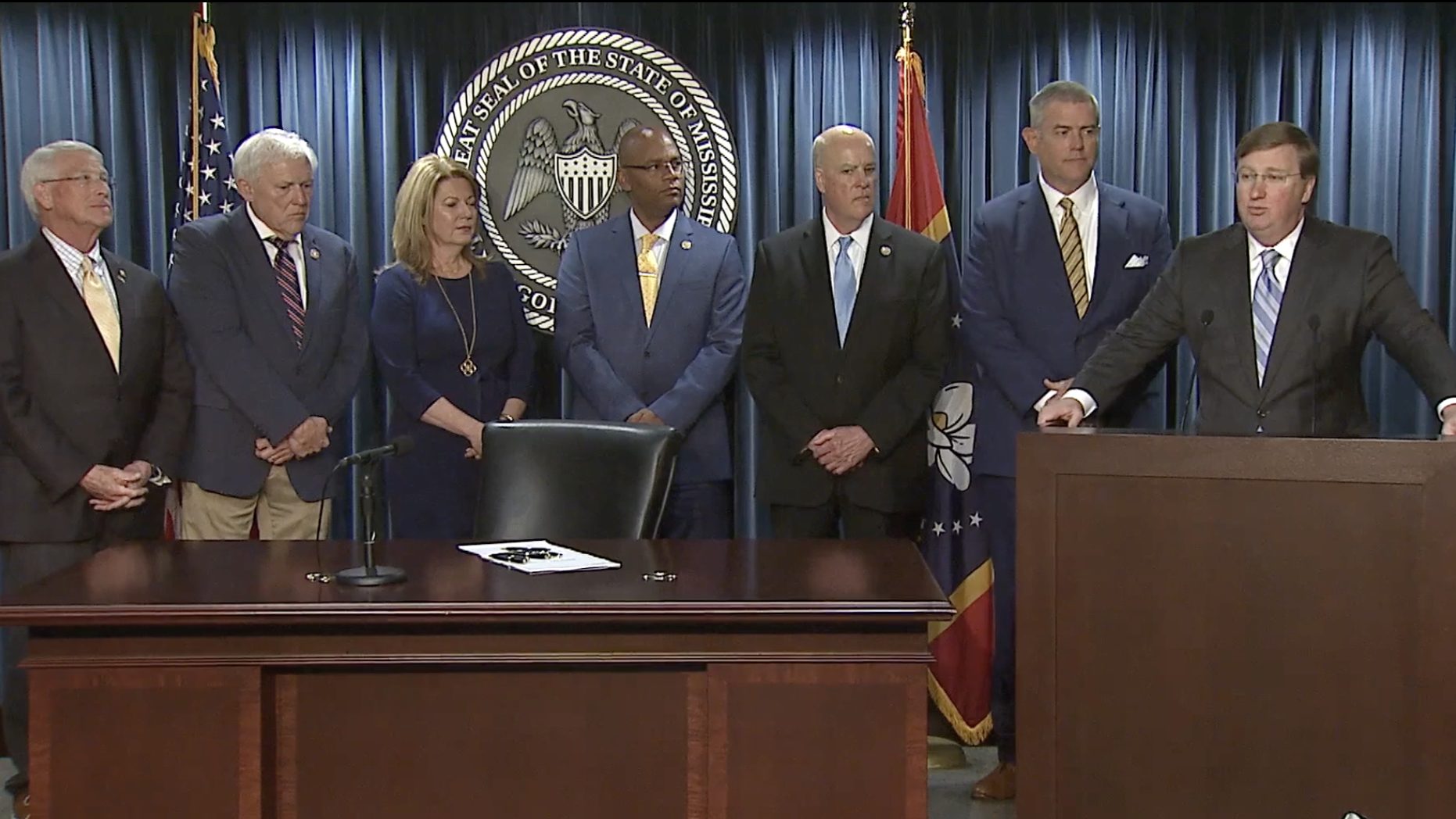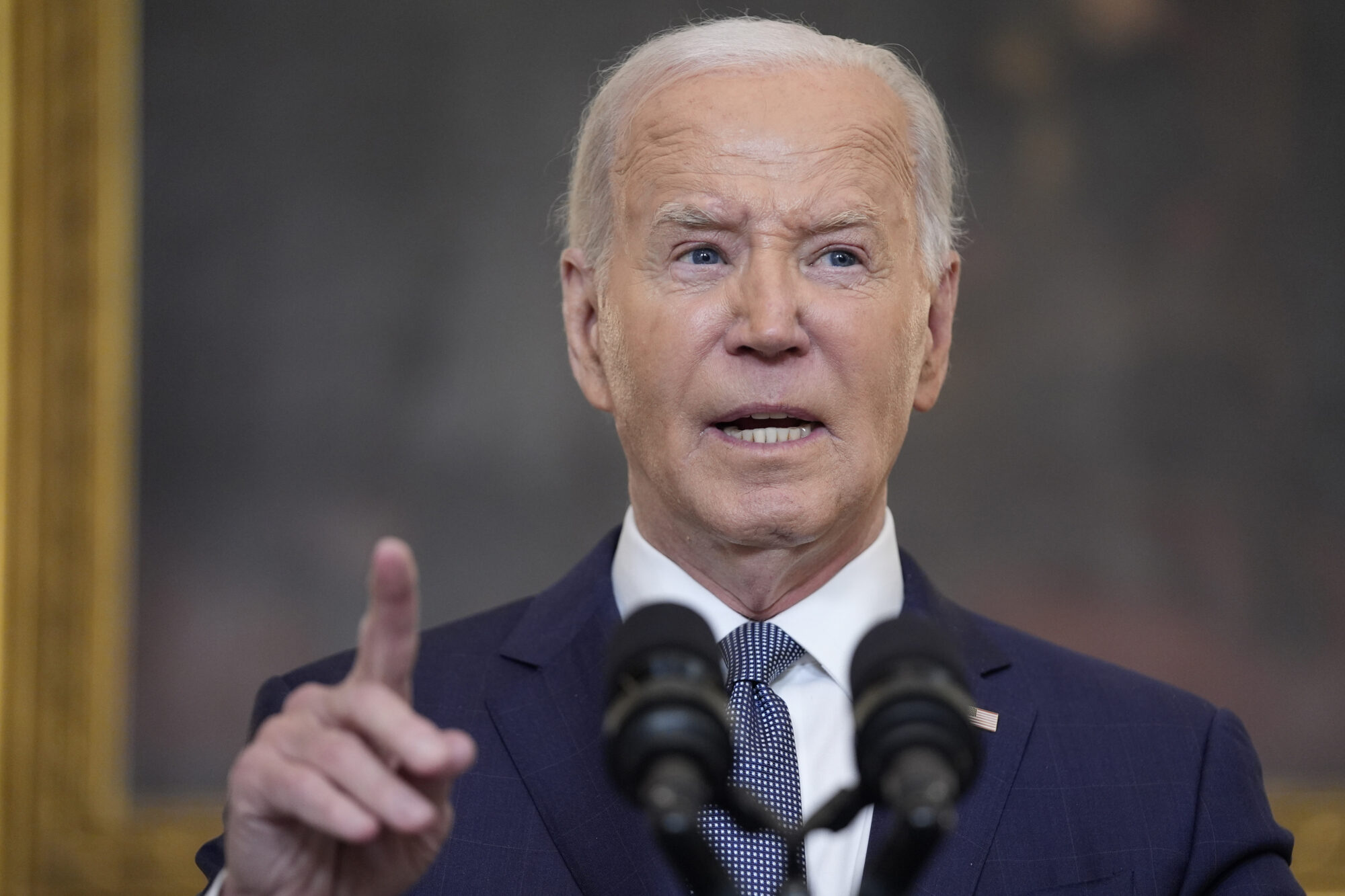
A National Bureau of Economic Research report found that states with strict lockdowns did not have better health outcomes.
The National Bureau of Economic Research (NBER) released a final report card on states’ responses to COVID-19. The study expanded on and updated the October 2022 report on how the pandemic impacted health, economics, and education throughout the 50 U.S. states and the District of Columbia.
The report graded states A through F on the combined measures they took during the pandemic and then broke down the specific data based on the grading used to evaluate the actions.
Mississippi received an overall C rating and ranked 23rd in overall response.
The report also found that states who had locked-down economies did not have better health outcomes, excluding Hawaii and Alaska which are geographically different, than the rest of the 48 states and D.C.
The study used two measures when evaluating economic performance. They included unemployment and GDP by state.
For education a single metric was used – the Burbio cumulative in-person instruction percentage for the 2020-2021 school year. Hybrid instruction received a half weight.
For health or mortality outcomes the report looked at any COVID-associated deaths reported to the CDC and all-cause excess mortality.
There were adjustments made in economic and mortality categories as state populations are impacted differently even without a pandemic per certain industries. For instance, the pandemic more negatively impacts industries such as entertainment, energy production, mining, hotels and food, thus an adjustment on unemployment and GDP were made. Also, mortality, through March 5, 2022, was adjusted for age and “metabolic” health including any pre-pandemic obesity and diabetes since these are correlated with a higher death rate from viruses.
The scaled combined score of all categories was 54.5 out of 100 for Mississippi.
Mississippi ranked the highest in the education and economic performance categories but was significantly lower on the list when it came to COVID deaths.
The report found that the unemployment adjustment was 1.1% for Mississippi, ranking 4th overall, and the GDP changed -1.9%, placing Mississippi at 18th with an average economic score of 0.86, or ranked 7th economically.
Mississippi saw a total of 1.8 million people on unemployment from April 2020 until December 2021, not necessarily at one time. The raw unemployment metric was comprised of the cumulative months of unemployment divided by the total labor force over a period. When that was factored in, the state only sustained a 1.4% increase on the unemployment rolls before the adjustment.
In the education category, Mississippi ranked 14th overall with 76.2% of children in school or virtual for the majority of the 2020-2021 school year.
The report indicated that school closures could prove to be the most costly policy decision of the pandemic, both in economic and mortality terms. The report stated:
“One study found that school closures at the end of the previous 2019-2020 school year are associated with 13.8 million years of life lost. An NIH analysis found that life expectancy for high school graduates is four to six years longer than high school dropouts. The OECD estimates that learning losses from pandemic era school closures could cause a 3% decline in lifetime earnings, and that loss of just one third of a year of learning has long-term economic impact of $14 trillion.”
Mississippi reported 354.1 deaths per 100,000 residents, ranking at 45th, and 24.9% were all-cause excess deaths (or expected deaths) placing the state at a 49 ranking. In total, Mississippi ranked 49th in health or mortality, just above New Mexico.
One study quoted from Rand Corporation researchers found that lockdowns increased all-cause mortality to a “statistically significant extent.” Nevada, New York, New Jersey and D.C. were four states or areas with the highest metabolic-adjusted mortality. The six states with the lowest mortality regardless of metabolic adjustment were Hawaii, Vermont, Oregon, Maine, New Hampshire and Washington.
For comparison, Utah, which ranked number 1 overall, had a combined score scaled out of 100 out of 100. The unemployment rate was at 1.5% ranking the state 6th and GDP was 0.6% ranking at 2nd. Their economy average scores were at 1.42 and they ranked 4th overall in economy. They had a school attendance rate of 87.3% during the school year which was a rank of 5th and saw 252.7 deaths per 100,000, 10.6% of which were all-cause excess deaths and an average mortality of .84, putting them at an 8th rank on mortality.
Other states that took similar approaches to the pandemic, minimizing individual constraints and business shutdowns, include Florida, which ranked 6th overall, Alabama at 20th and Texas at 25th. While often being criticized for “too open” policies, Florida’s mortality remained average while maintaining a high level of economic activity and 96% open schools.
The report concluded that pandemic mortality was greater in states where obesity, diabetes and old age were more prevalent prior to the COVID-19 outbreak.
Read the full report below:
n Berco Vid Study by yallpolitics on Scribd












